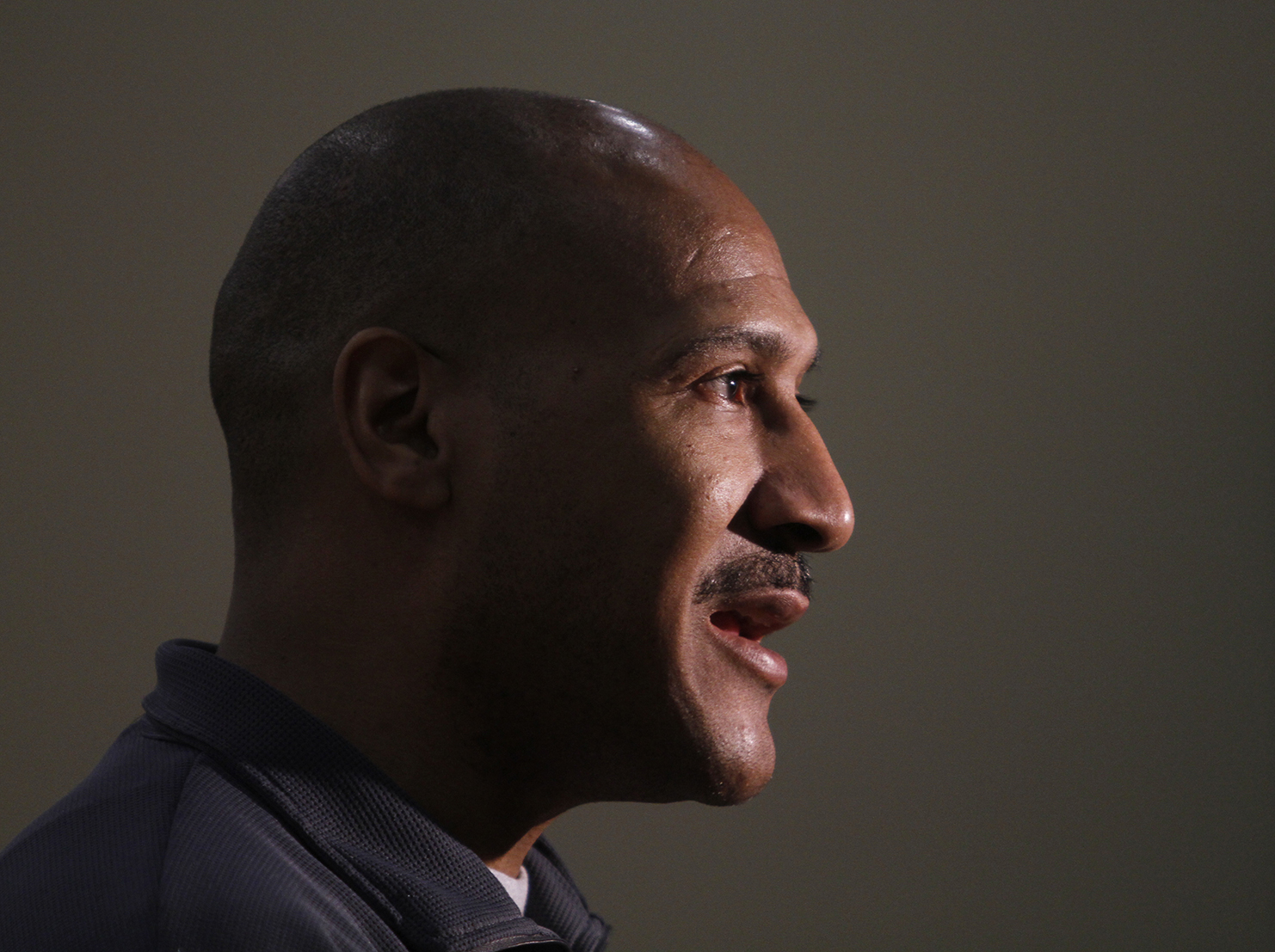There are few secrets when it comes to salaries at Chattanooga State -- everyone knows just about what everyone else makes thanks to an online database. But former President Jim Catanzaro quietly awarded hundreds of thousands of dollars in additional compensation to select professors and administrators, a practice still in effect today.
Stipends are a common practice for colleges and school systems, which often pay teachers more for coaching, sponsoring clubs or taking on other additional duties. Those stipends exist at Chattanooga State, but much of the college's $400,000 in stipends is going to those at the top -- sometimes to executives already making six-digit salaries.
Catanzaro resigned in December amid a scandal surrounding his hiring of Chief Innovations Officer Lisa Haynes, who herself had received an $18,000 stipend on top of a base salary of $90,000.
The Times Free Press received a list of the stipends under the state's open records act.
Altogether, the college was budgeted to spend about $408,000 this year on stipends for the faculty, staff and administration, including:
* Jim Barrott, vice president of technology and technical college director, who receives $22,800 on top of his annual salary of $116,316 for supervising the college's engineering division, business division and computer center.
* Executive Vice President for Business and Finance Tammy Swenson, who receives an extra $12,000 annually for undefined "additional duties" on top of her $128,430 salary.
* Basketball coach Jay Price, who receives an extra $24,896 in annual stipends on top of his $63,312 salary.
* Baseball coach Greg Dennis, whose $63,383 salary is boosted by an extra $26,000 -- $21,000 of which is compensation for field maintenance and fundraising efforts.
Dennis said he took over complete control of mowing and upkeep of the baseball field on a year-round basis. He said he also developed summer and winter baseball camps and high school fall baseball leagues, developed an extensive relationship with the Chattanooga Lookouts and coordinated various fundraisers.
"At the time this stipend was awarded to me it was with the recognition that these things were going to ask additional demands on my time here at Chattanooga State beyond what I was originally hired to do in the classroom and on the baseball field," Dennis said Friday.
The other administrators either declined to discuss the stipends or did not respond to requests for comment last week.
But Chattanooga State interim President Fannie Hewlett said she's looking into all stipends and expects to end some of them as contracts expire this summer. The college is searching for a permanent president, who likely will take over sometime in the summer.
"By the time I leave here there will be some reasonable explanation for what [stipends] we are still doing," Hewlett said. "Otherwise we won't be doing it, at least not under my watch."
Hewlett said some stipends make sense, like the $6,000 additions for professors who work as department heads or those that go to professors for administering grant programs.
But others, she has no explanation for.
"I don't know why Dr. Catanzaro decided to do it the way he did. I have no idea. I haven't talked to him," she said. "I don't know what his reasoning was."
Tennessee Board of Regents rules say stipends may be awarded atop regular salaries as compensation for additional administrative responsibilities and the amounts must be included in educators' contracts.
Hewlett said stipends should cover additional, short-term tasks. But it appears some employees were given stipends as job responsibilities shifted -- in essence, the stipends were used as de facto raises rather than short-term compensation.
"Some are obviously tied to academics and program development, to new initiatives in academic affairs," Hewlett said. "And others are not. So I'm trying to get a handle on it and really a better understanding of why the stipend was awarded in the first place."
Faculty Senate President Kenneth Goldsmith said he's relieved the issue is being investigated.
"We're very supportive of that review," he said. "It was hard to understand why those contracts were given."
He said some stipends seem excessive, especially when many adjunct instructors have gone without raises for some 20 years.
"They [Catanzaro administration] kept saying there's no money," he said. "But they had money to do all these things."
For the future, Goldsmith said, he hopes the college would at least make the stipend amounts public along with other regular salaries.
"In the future will these contracts be published?" Goldsmith said. "Is it going to be transparent during the budget process?"
Contact staff writer Kevin Hardy at khardy@timesfreepress.com or 423-757-6249.

